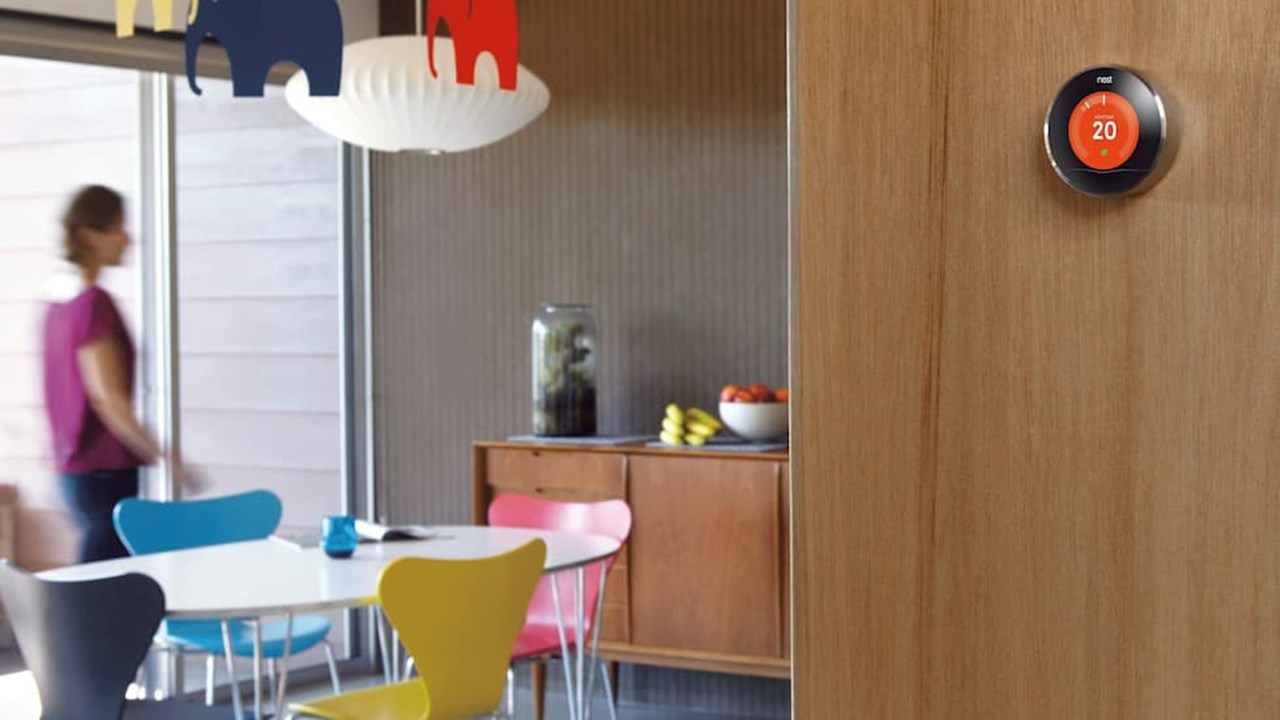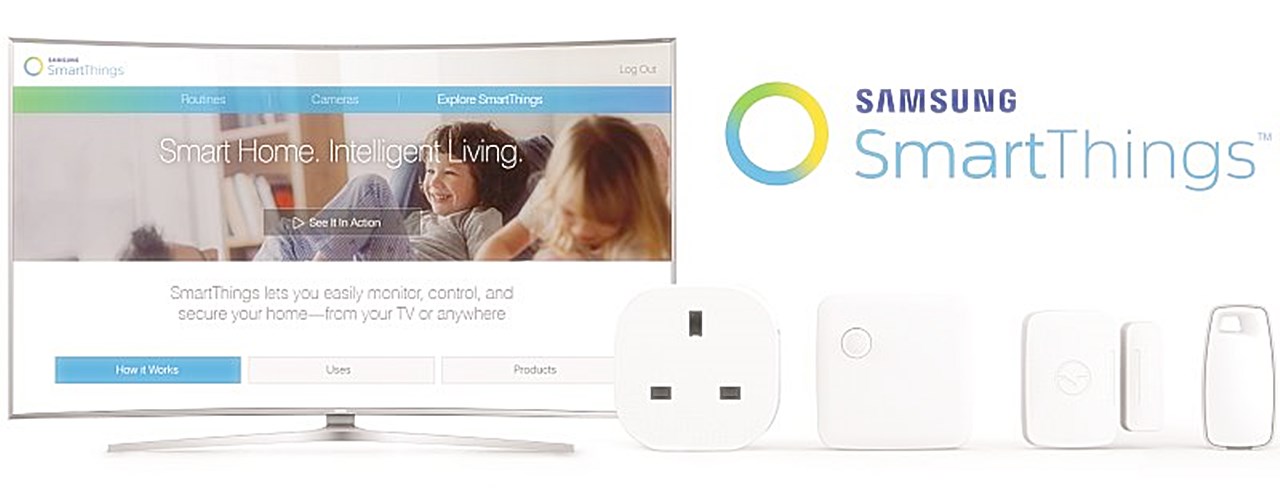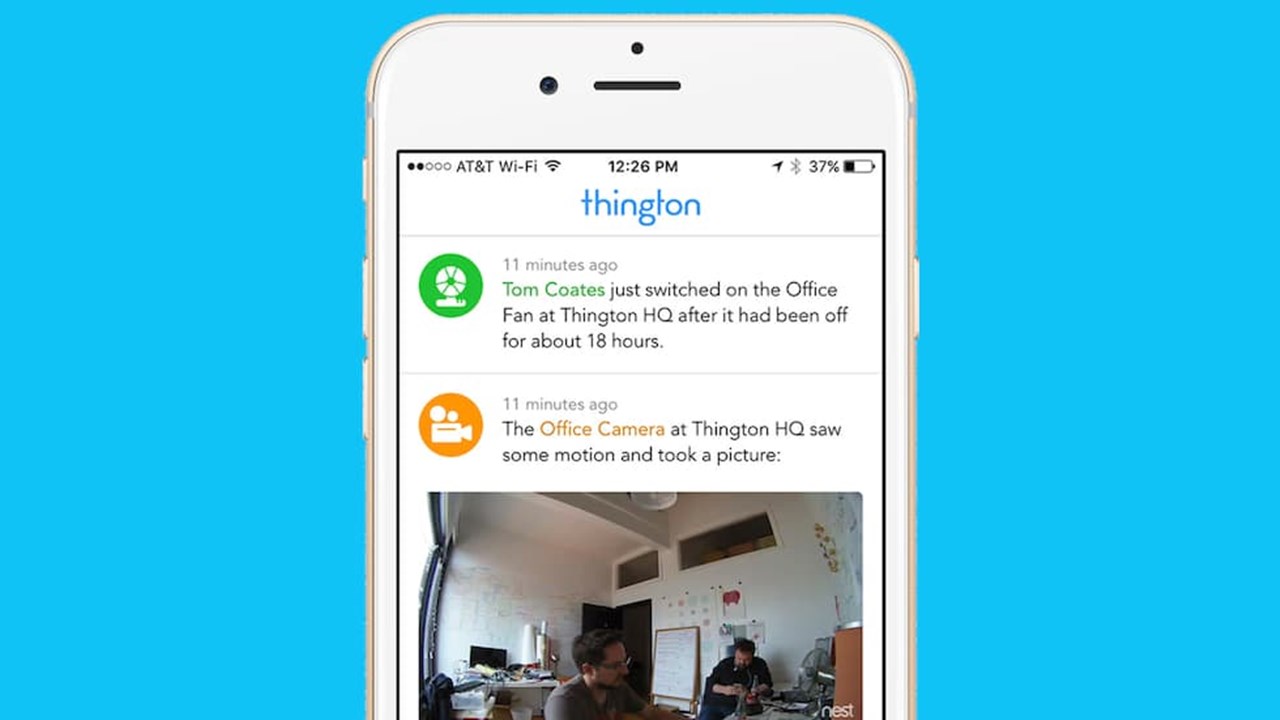오늘 아침 팀장님이 번역을 요청해 우리 준희차장이 번역해준 기사를 여기에 공유해봅니다. 스마트홈에 대한 환상이 점차 깨지고 이제는 옥석을 가리는 시기가 된것인지…
얼마전 NEST에 대한 부정적인 기사가 많이 떴었습니다. 경영진에 대한 기사 그리고 서비스관련 기사 등등
오늘 여기에서는 스마트홈 관련 3가지 브랜드에 대한 이야기를 하고 있습니다. NEST와 SmartThings에 대한 비교를 하고 이 모두 실패했다고 진단한다. Nest는 너무 폐쇄적이라 실패했고 SmartThings는 너무 개발성을 추구하다보니 넘 복잡해져서 테키한 사람외는 사용하기 어려울 지경에 이르렀다는 평가입니다. 이에 반헤 새롭게 Thington이란 회사에 대해서 소개하면 이 회사는 위 두회사의 문제점을 해결한 회사로 전망이 밝다는 견해를 밝히고 있다.
스마트홈이 안정적으로 본궤도에 오르려면 아직도 많은 시간이 필요하리라는 생각을 해봅니다. 그나저나 아침 짧은 시간에 관련된 수많은 영문 기사를 리뷰하고 바로 번역을 의뢰하는 팀장님의 순발력에 대해서 감탄하지 않을 수 없었습니다.
Start-up with the right insights on smart home problems 기사 번역
스마트홈 문제에 올바른 인사이트를 가진 스타트업 Thington은 다른 실리콘 밸리의 기업들과 달리 SW와 사용성 문제 해결에 초점을 맞추고 있다
▲ Nest is a largely closed system that conceals complexity from the user to such an extreme that it is not always obvious what is going on
2년전 스마트홈과 관련된 (과장된) 광고가 사방에서 들렸다. 모든 선두권 하이테크 회사들은 소비자가 전등, 보안 카메라, 온도 조절 장치의 인터넷 연결을 원할 것이라는 것에 큰 돈을 걸었다. 오늘날 그러한 투자는 시기상조 이거나 무모한 것으로 보인다.
Google이 2014년 32억불을 투자해 사들인 Nest Labs 저조한 판매, CEO Tony Fadell의 경영 스타일과 Nest가 생산해온 Revolv hub의 갑작스러운 단종으로 비난에 휩싸여 있다. Revolv hub 구매자들은 300달러짜리 스마트 홈 컨트롤러가 곧 쓸모 없어진다는 것에 몹시 화가 나 있다. (물론 Next는 보상을 제안 했다)
삼성이 2억불에 사들인 SmartThings도 역시 문제에 봉착했다. 지난주 CEO인 Alex Hawkinson은 고객들에게 홈 시큐리티 시스템에 빈번하게 발생하고 있는 문제에 대해 사과했다. 다양한 디바이스와 서비스를 지원하는 것이 얼마나 어려운가에 대한 긴 기술적인 설명 뒤 그는 이러한 문제들은 자사 스마트홈 플렛폼의 가장 큰 강점 (세계에서 가장 오픈된 플랫폼)에서 시작되었다고 말했다.
기자는 많은 스마트 홈 디바이스를 테스트 해 왔고 이전에 기고 바와 같이 이러한 문제들은 명백해졌다. 한 종류의 스마트 디바이스를 인터넷에 연결하는 것은 쉽고 할만한 일이나 제각각 브랜드에서 나온 여러 가지 제품을 연결하는 것은 상당히 짜증나는 일이다. 그러나 그러한 여러 가지 기기들을 서로 통신하게 만드는 것에 가장 큰 기회가 있는 것이 사실이다.
Nest와 SmartThings는 스마트 홈을 제어하는데 매우 다르게 접근하고 있다. Nest는 거대한 폐쇄 (Closed) 시스템이고 사용자들에게 그 뒤에 일어나는 복잡성을 숨긴다. 사람들이 집이 들어오거나 나갈 때 또는 카메라가 켜지고 꺼질 때 그 결과로 무엇이 어떻게 작동하는지 항상 명확하지 않을 정도이다.
SmartThings는 거의 모든 제조사 제품에 개방(open)되어 있다(Nest는 제외). 이러한 모든 제품으로부터 오는 Input을 제어하고 규칙을 만들기 위해 SmartThings의 APP은 메뉴와 옵션의 여러 단계를 거쳐야 하고 그런 구조는 대부분 전문 사용자 (Tech savvy user)를 제외한 모든 사람들에게는 감당하기 어려운 것이다.
이런 문제점에 대항하여 새로운 스타트업 회사가 제3의 길을 제안 하고 있다. 그 회사는 직관적인 제어를 통해 스마트홈을 모든 사람들에게 접근 가능토록제안 하고 있다. Thington의 APP은 복잡함을 가리기 위해 개방형 인터페이스를 가진 대화형 IoT 관리 도구이다.
공동 창업자인 Tom coates는 “우리는 모든 디바이스를 관찰했고 사용자가 그 기능들을 잘 사용할 수 있다면 얼마나 멋질까? 하드웨어는 좋았지만 그것들의 소프트웨어는 정말 끔찍했다”고 말했다.
Thington은 실리콘 밸리의 새로운 유행에 대한 또 다른 징후이다. 그 APP은 트위터(Twitter) 같이 구성되어 다양한 Things가 집주인에게 자기가 지금 어떤 상황인지 친근한 메시지로 전달한다. 이러한 메시지들의 범위는 수면시간 중 전등이 꺼지는 것과 같은 일상적인 것으로부터 가정 내 디바이스에 기반한 자동화된 규칙과 실행에 대한 아이디어와 같이 도움이 되는 것도 있다.
Thington은 날씨 정보부터 버스 도착 시간과 같은 공공 데이터도 가져 온다.
결정적으로, 이것은 여러 사람(가족 또는 정기적 방문자)들이 집을 공유할 수 있다는 생각을 바탕으로 디자인 되었다. Thington 최고 기능 중 하나는 방문자의 도착을 감지하고 쉽게 그들에게 전등 및 다른 디바이스의 제어 권한을 줄 수 있다는 것이다.
이 서비스를 체험해 보려는 많은 사람들이 있다. Thington은 소수의 디바이스만 지원 되지만 곧 확대될 것이다. Thingston은 스마트홈의 가장 큰 문제(S/W와 사용성)에 집중하고 있기 때문에 전망이 밝다. 만약 실리콘 밸리의 선발 기업들이 그들의 많은 리소스로 이 문제들을 해결할 수 없다면 새로운 스타트업 회사가 시도해 볼 시점이다.
아래는 이 기사 원글입니다.
https://next.ft.com/content/1c979ed2-0228-11e6-ac98-3c15a1aa2e62
Start-up with the right insights on smart home problems
Tim Bradshaw — San Francisco
Thington is focusing on fixing software and usability — unlike the Silicon Valley stalwarts
Nest is a largely closed system that conceals complexity from the user to such an extreme that it is not always obvious what is going on
Two years ago, the hype around the ‘smart home’ was deafening: all the leading tech companies bet big money that consumers would want to connect lights, security cameras and thermostats — or even lawn sprinklers, garage door openers and door locks — to the internet.
Today, those bets look at best premature, at worst foolhardy.
Nest Labs, bought in 2014 by Google for a stonking 3.2bn$, is under siege from critics for allegedly lacklustre sales, boss Tony Fadell’s management style and its abrupt decision to discontinue the Revolv hub, which Nest inherited via an acquisition. The latter left owners understandably angry that their 300$ smart-home controller is soon to be a useless box of circuits. (After an outcry, Nest has offered compensation.)
SmartThings, bought by Samsung for 200m$, has also run into trouble. Alex Hawkinson, its chief executive, had to apologise last week for a spate of problems that sent many customers’ home security systems haywire.
“Part of our challenge has come from the very thing that is our biggest strength: our commitment to be the most open smart home platform in the world,” he said, with a long technical explanation about th e difficulties that come with supporting a big variety of devices and services.
Lightbulb moments
I’ve tested many smart home devices and, as I have written before, those challenges quickly become evident. Although hooking up one kind of household appliance to the internet (a few Philips Hue lightbulbs, say, or an August door lock) can be easy and rewarding, trying to co-ordinate several devices (such as a Hue bulb and a Belkin Wemo light switch) from their various companion apps quickly becomes tiresome. Yet making all these items talk to each other is supposed to be where the greatest potential lies.
Three picks from the Personal Technology archive
Tim Bradshaw on the smart home
Financial Times Writer, Tim Bradshaw, photographed in San Francisco, California, Tuesday, August 26, 2014. Thor Swift for the Financial Times
The smarthome is still too clever for its own good
Amazon Echo’s virtual helper Alexa has designs on your home
Samsung’s selfie-taking fridge
Nest and SmartThings take very different approaches to controlling the smart home. Nest is a largely closed system that conceals complexity from the user to such an extreme that it is not always obvious what is going on as its devices detect people coming and going, or turn cameras on and off.
SmartThings is open to anything and everything, from almost every connected device maker (not Nest, though). To deal with all these inputs and create rules, SmartThings’ app is so layered with menus and options that it is overwhelming to all but the most tech-savvy user.
The third way
Against this background, one brave new start-up is offering a third way, trying to make the smart home accessible to anyone while offering intuitive controls.
Thington’s app is a chatty concierge for the internet of things, aiming to mask much baffling complexity with an open and accessible interface. ‘We looked at all these devices and said, they are really cool if you can figure out how to get the most out of them,’ says co-founder Tom Coates. “The hardware was really good but the software was pretty awful.”
Thington
Thington is another manifestation of the Silicon Valley vogue for “bots”. The app is organised a bit like Twitter, with friendly messages in reverse chronological order from various “things” telling the homeowner what they are up to. These range from the quotidian — lights turning themselves off at bedtime — to the helpful, such as ideas for automated rules and actions based on the selection of devices in your home. Thington also pulls in public data from outside the home, from local weather to bus arrival times.
Crucially, it is designed with the insight — absent from Nest’s app until last month — that multiple people may share a home, whether they are family members or regular visitors. One of Thington’s best features is the ease with which it spots a visitor arriving and gives them ability to control lights and other devices (or not, if the homeowner thinks they are the sort to start turning Hue bulbs purple for no reason).
There is a waiting list for people to try the service, and Thington supports only a handful of devices, but it is set to expand soon.
Verdict
Thington is promising because it focuses on the smart home’s biggest problems — software and usability — rather than another gadget or, worse, another hub to control them all. If the stalwarts of Silicon Valley cannot fix these with their enormous resources, maybe it is time for start-ups to have a try.
새롭게 뉴스레터를 시작했습니다.
1️⃣ 주식 등 투자 정보 : 기업 분석, IB 투자의견 등 투자 관련 내용
..... 테슬라 실적 및 IB들의의 테슬라 투자의견
2️⃣ 사례 및 트렌드 : 사례연구와 트렌드 관련 괜찮은 내용
.....유튜브와 경쟁대신 구독 전환한 비디오 플래폼 비메오 사례